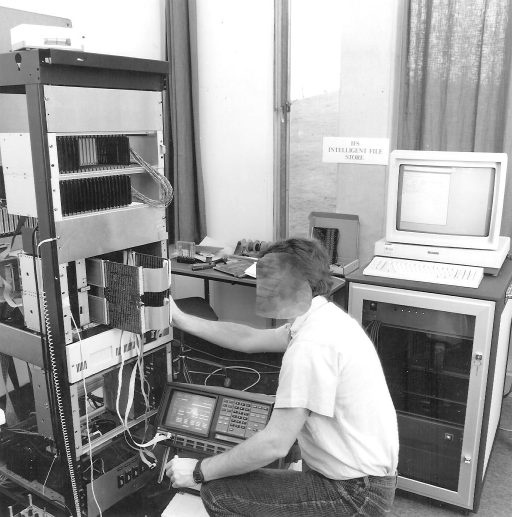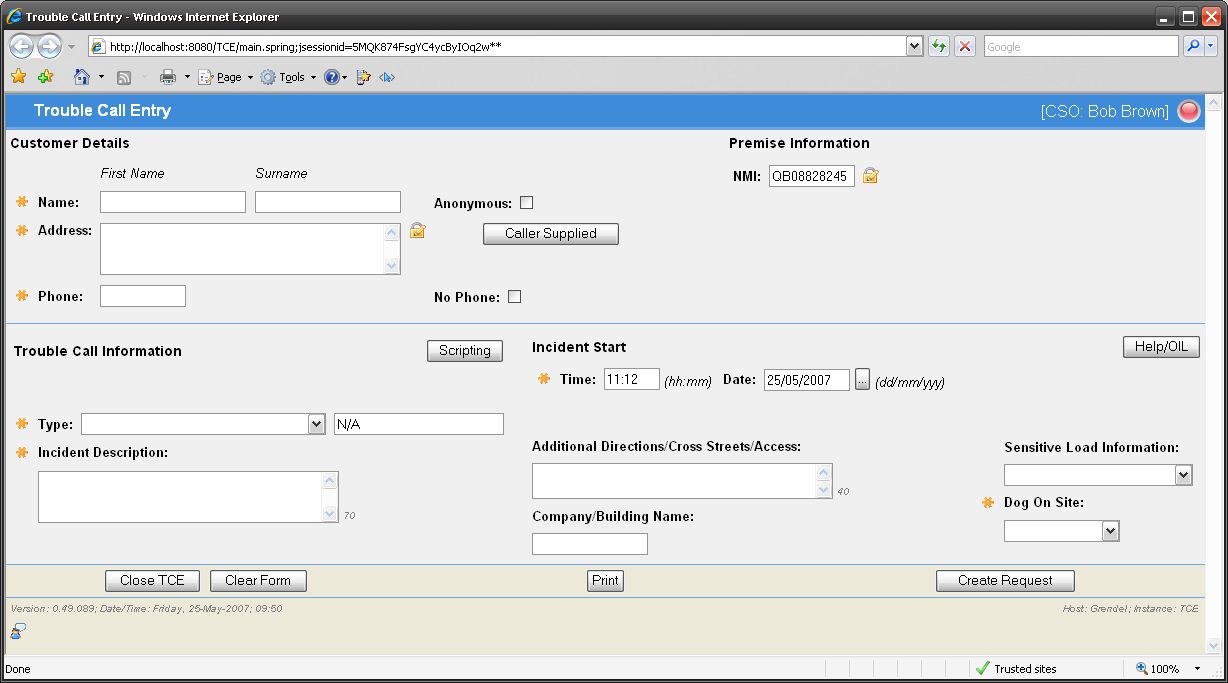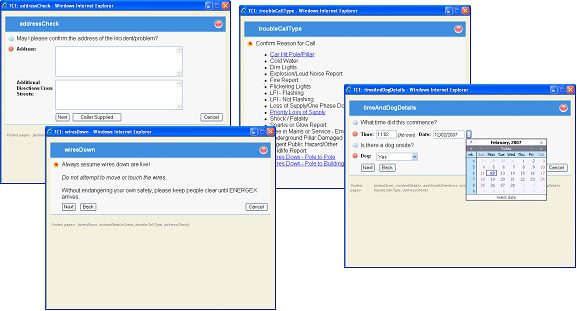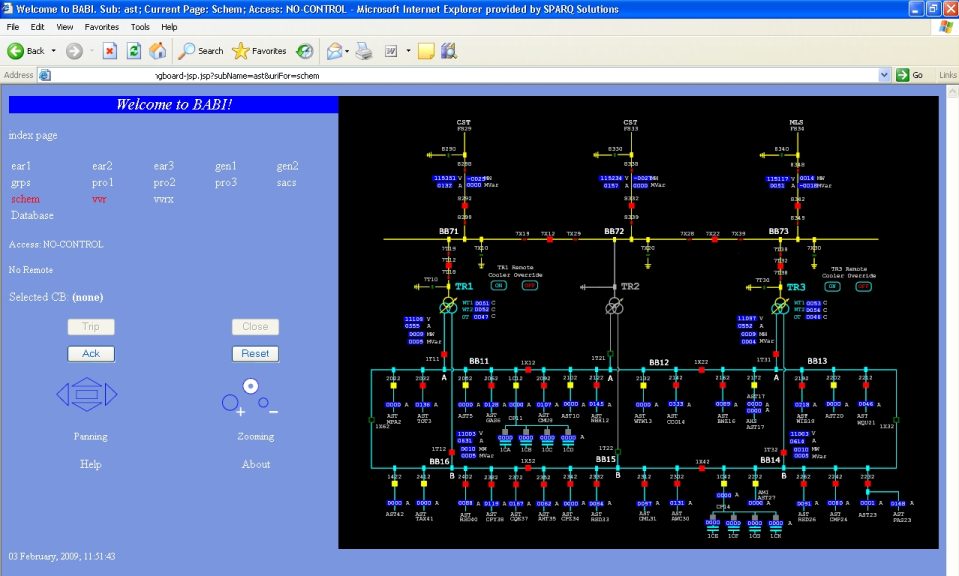I was just making myself a cup of good-old British Tetley tea when the following conversation (from Frederick Pohl and Cyril Kornbluth's truly brilliant Science Fiction novel The Space Merchants; required reading…seriously) came into my mind:
"First, words. We want words that are about Venus, words that'll tickle people. Make them sit up. Make them muse about change, and space, and other worlds. Words to make them a little discontented with what they are and a little hopeful about what they might be. Words to make them feel noble about feeling the way they do and not foolish. Words that will do all these things and also make them happy about the existence of Indiastries and Starrzelius Verily and Fowler Schocken Associates. Words that will do all these things and also make them feel unhappy about the existence of Universal Products and Taunton Associates."
He was staring at me with his mouth open. "You aren't serious." he finally exclaimed.
"You're on the inside now." I said simply. "That's the way we work. That's the way we worked on you."
"What are you talking about?"
"You're wearing Starrzelius Verily clothes and shoes, Jack. It means we got you. Taunton and Universal worked on you, Starrzelius and Schocken worked on you-and you chose Starrzelius. We reached you. Smoothly, without your ever being aware that it was happening, you became persuaded that there was something rather nice about Starrzelius clothes arid shoes and that there was something rather not-nice about Universal clothes and shoes."
"I never read the ads," he said defiantly.
I grinned. "Our ultimate triumph is wrapped up in that statement," I said.
"I solemnly promise," O'Shea said, "that as soon as I get back to my hotel room I'll send my clothes down the incinerator chute-"
"Luggage too?" I asked. "Starrzelius luggage?"
He looked startled for a moment and then regained his calm. "Starrzelius luggage too," he said. "And then I'll pick up the phone and order a complete set of Universal luggage and apparel. And you can't stop me."
"I wouldn't dream of stopping you, Jack! It means more business for Starrzelius. Tell you what you're going to do: you'll get your complete set of Universal luggage and apparel. You'll use the luggage and wear the apparel for a while with a vague, submerged discontent. It's going to work on your libido, because our ads for Starrzeliuss-even though you say you don't read them-have convinced you that it isn't quite virile to trade with any other firm. Your self-esteem will suffer; deep down you'll know that you're not wearing the best. Your subconscious won't stand up under much of that. You'll find yourself 'losing' bits of Universal apparel. You'll find yourself 'accidentally' putting your foot through the cuff of your Universal pants. You'll find yourself overpacking the Universal luggage and damning it for not being roomier. You'll walk into stores and in a fit of momentary amnesia regarding this conversation you'll buy Starrzelius, bless you."
O'Shea laughed uncertainly. "And you did it with words?"
"Words and pictures: Sight and sound and smell and taste and touch. And the greatest of these is words…."
So here I am in Australia…buying Tetley tea bags. The very same Tetley tea bags that were advertised to me when I was a youngling.
Prescient and scary!






